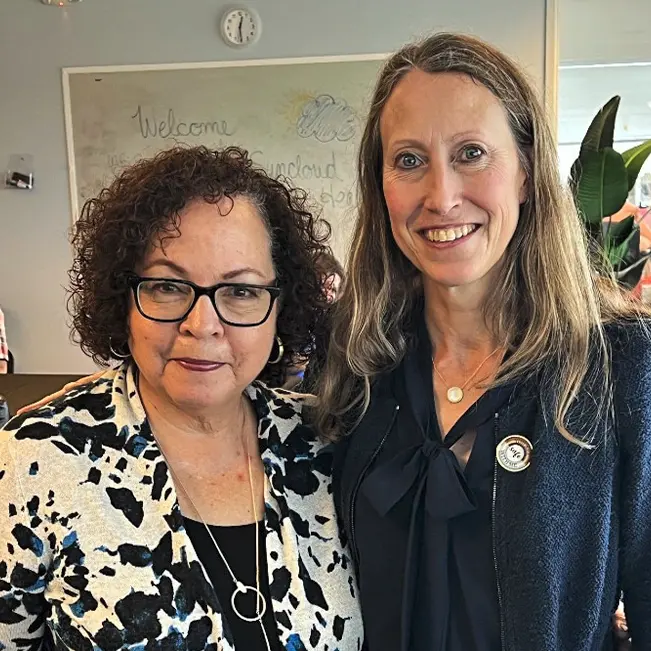Interviewed by Kimberly Dennis, MD, CEDS Featured expert on eating disorders, trauma, and addictions.
Carolyn Coker Ross, MD, MPH, CEDS
Co-Founder of the Institute for Antiracism and Equity
CEO of the Anchor Program
DEI Officer, Antiracism Trainer and Consultant, Speaker, Health Equity Activist

Explaining SunCloud’s Integrated Model Why is an integrated treatment model essential to successfully treating patients?
Dr. Kim Dennis, Co-Founder and Medical Director at SunCloud Health, discusses the vital role the integrated model (that she is pioneering at SunCloud Health) plays in the success of treating patients with co-occurring disorders and underlying trauma. How does SunCloud create an authentic culture of patient support?
